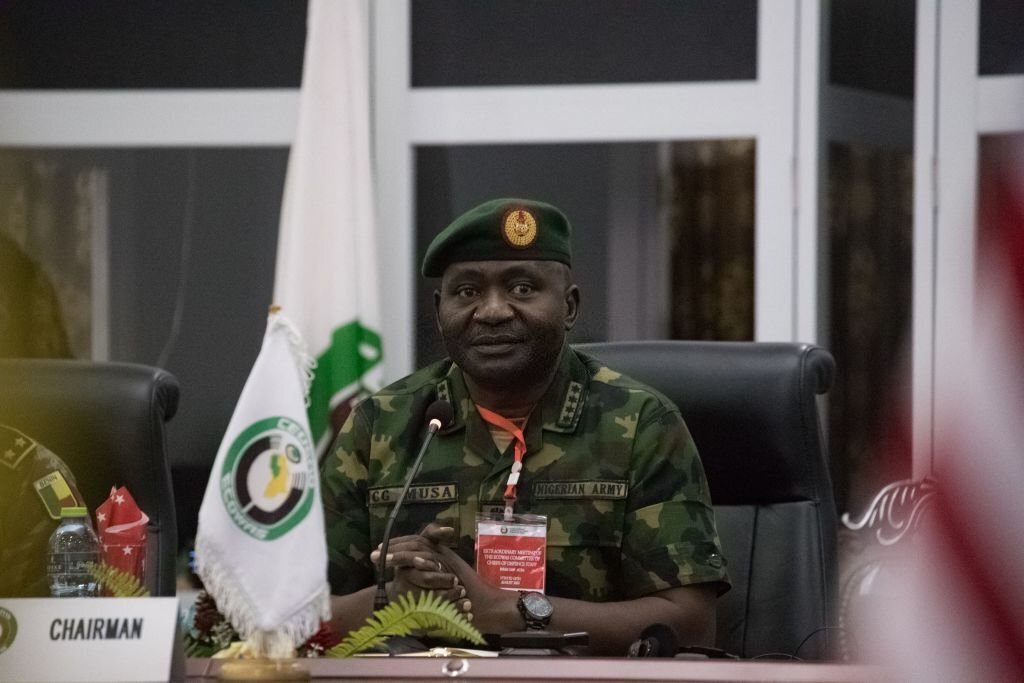Chief of Defence Staff, General Christopher Musa, has said that the Nigerian Armed Forces are not only battling domestic insecurity but also playing a critical role in protecting neighbouring countries from the spillover of terrorism and organised crime.
Speaking during a televised interview, Musa explained that Nigeria’s geographical position and porous borders mean that threats such as insurgency, banditry and arms smuggling often spread across national boundaries. As a result, he said, the Nigerian military frequently undertakes joint operations with regional partners to contain these threats before they destabilise the wider West African subregion.
“Nigeria does not operate in isolation,” Musa said. “When we act against terrorists or criminal networks, we are not just securing our own territory. We are also protecting Niger, Chad, Cameroon, Benin and others who would otherwise be vulnerable to the spillover effects.”
The defence chief highlighted how insecurity in the Sahel has worsened due to instability in Mali and Libya, fuelling the trafficking of weapons and the movement of foreign fighters into West Africa. He noted that Nigerian troops, often in coordination with neighbours, have intercepted arms consignments and disrupted cross-border networks seeking to establish new bases in Nigeria and beyond.
According to him, the armed forces are engaged in both kinetic and non-kinetic operations, ranging from border patrols and intelligence-sharing to community engagement that prevents extremists from exploiting grievances. Musa stressed that this regional approach has helped prevent further deterioration of security across the Gulf of Guinea and the Lake Chad Basin.
He further called for stronger international support, particularly in the areas of logistics, equipment and training, to enable Nigeria and its partners to sustain momentum against armed groups. “The battle we are fighting is not just Nigeria’s battle,” he said. “It is a collective security effort for Africa, and by extension the global community.”
Musa maintained that, despite challenges with resources and legal frameworks at home, Nigeria remains committed to safeguarding its people while honouring its responsibility to regional stability.

